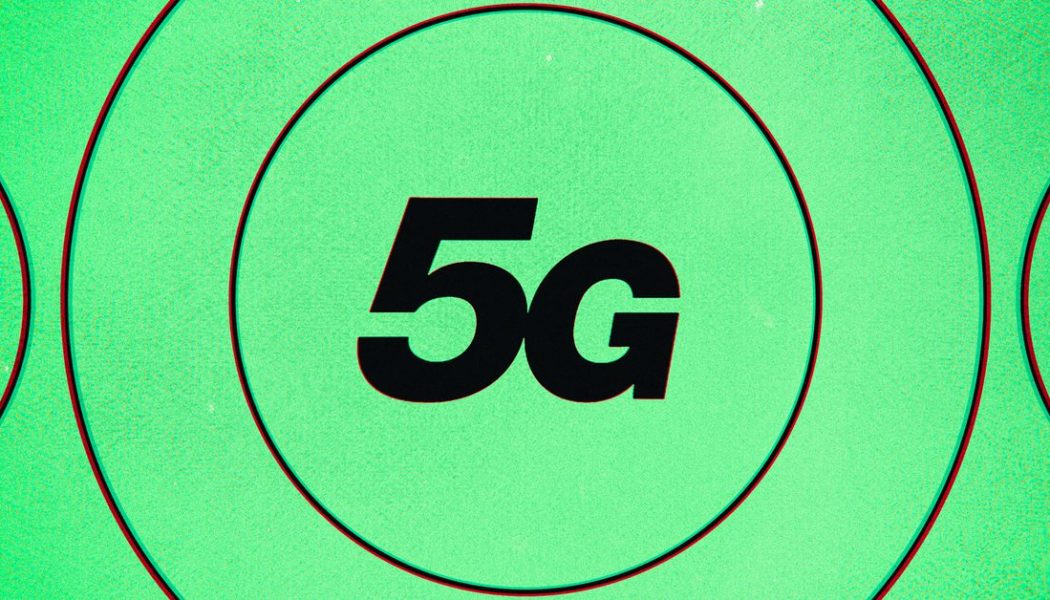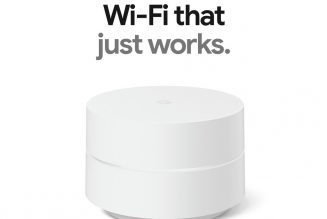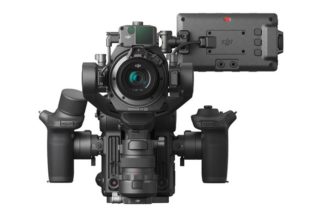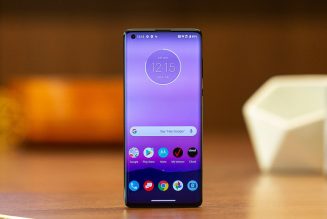
US officials have asked AT&T and Verizon to further delay new 5G deployments so that the Federal Aviation Administration can have more time to determine where they might interfere with airlines. US Transportation Secretary Pete Buttigieg and FAA Administrator Steve Dickson sent a letter to the CEOs of the two telecoms on Friday requesting a delay of “no more than two weeks,” according to Reuters.
AT&T and Verizon had already delayed these deployments by a month over regulators’ concerns and planned to start the rollout on January 5th as a result. The two telecoms now tell Insider they are reviewing the latest request for a further delay. Buttigieg and Dickson write that, even with an additional delay, they expect 5G deployment will still begin in January “with certain exceptions around priority airports.”
The two telecoms are eager to start deploying the new 5G spectrum that they bought in early 2021, which uses the so-called C-band frequencies. Those frequencies of spectrum allow radio waves to hit a sweet spot between high speeds and long distances, allowing for higher-speed 5G deployments than traditional LTE spectrum can achieve, without the stifling distance limitations that come with millimeter wave 5G. Getting these deployments out is a critical step for AT&T and Verizon to make 5G a worthwhile upgrade and stay competitive with T-Mobile, which has already started deploying its own similar spectrum.
Officials have been concerned that C-band frequencies could interfere with altimeters and prevent the use of guided landing systems meant for times of low-visibility, threatening the safety of aircraft. On December 7th, the FAA went so far as to tell pilots they wouldn’t be able to use those guided and automatic landing systems at airports where there’s deemed to be interference, which could theoretically lead to many flight delays.
Buttigieg and Dickson want to identify “priority airports” and mitigation strategies so that most large commercial aircraft can “operate safely in all conditions.” Some proposals revolve around placing 5G “buffer zones” around airports, according to The Wall Street Journal.
AT&T and Verizon are pretty unhappy about the delays. On Friday, the companies accused the aerospace industry of holding deployment “hostage” unless they covered the cost of altimeter upgrades. Verizon also went in on the airline industry, telling Insider, “This industry which got a $54 billion taxpayer-funded, government bail out over the past couple years clearly has much bigger issues to worry about.”









